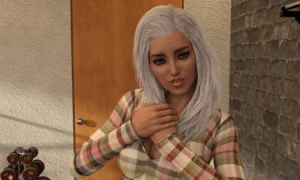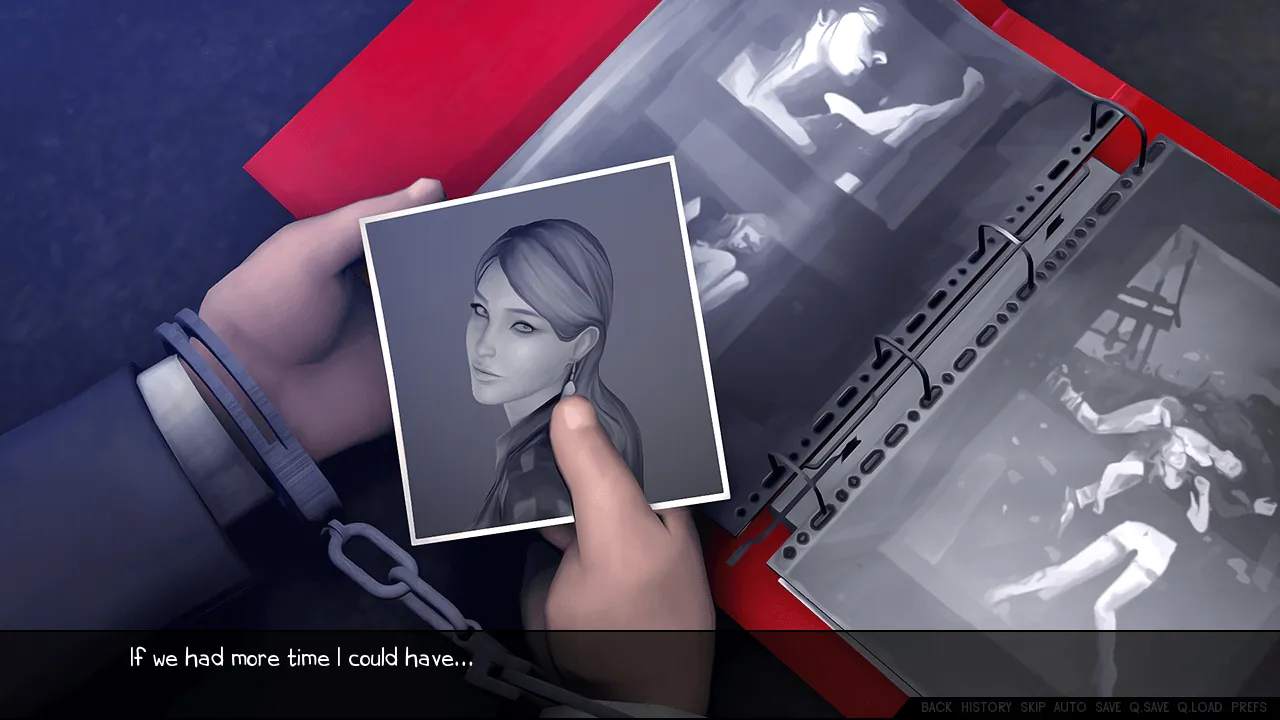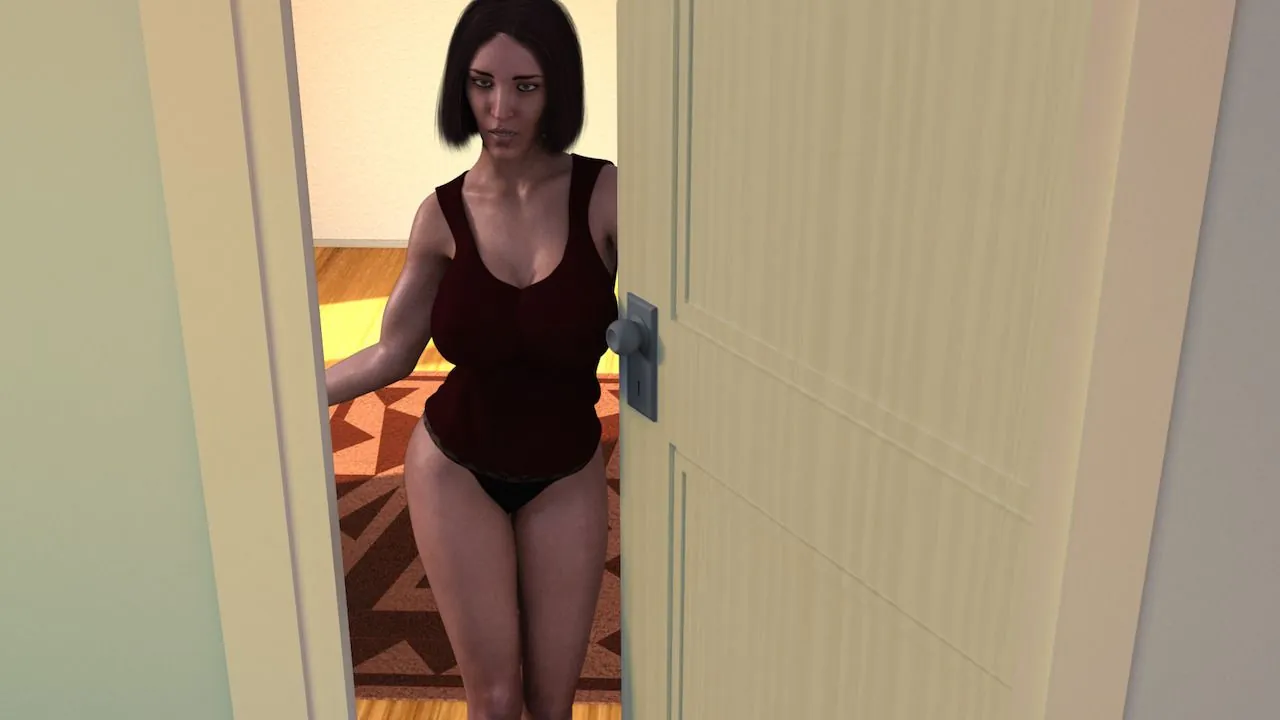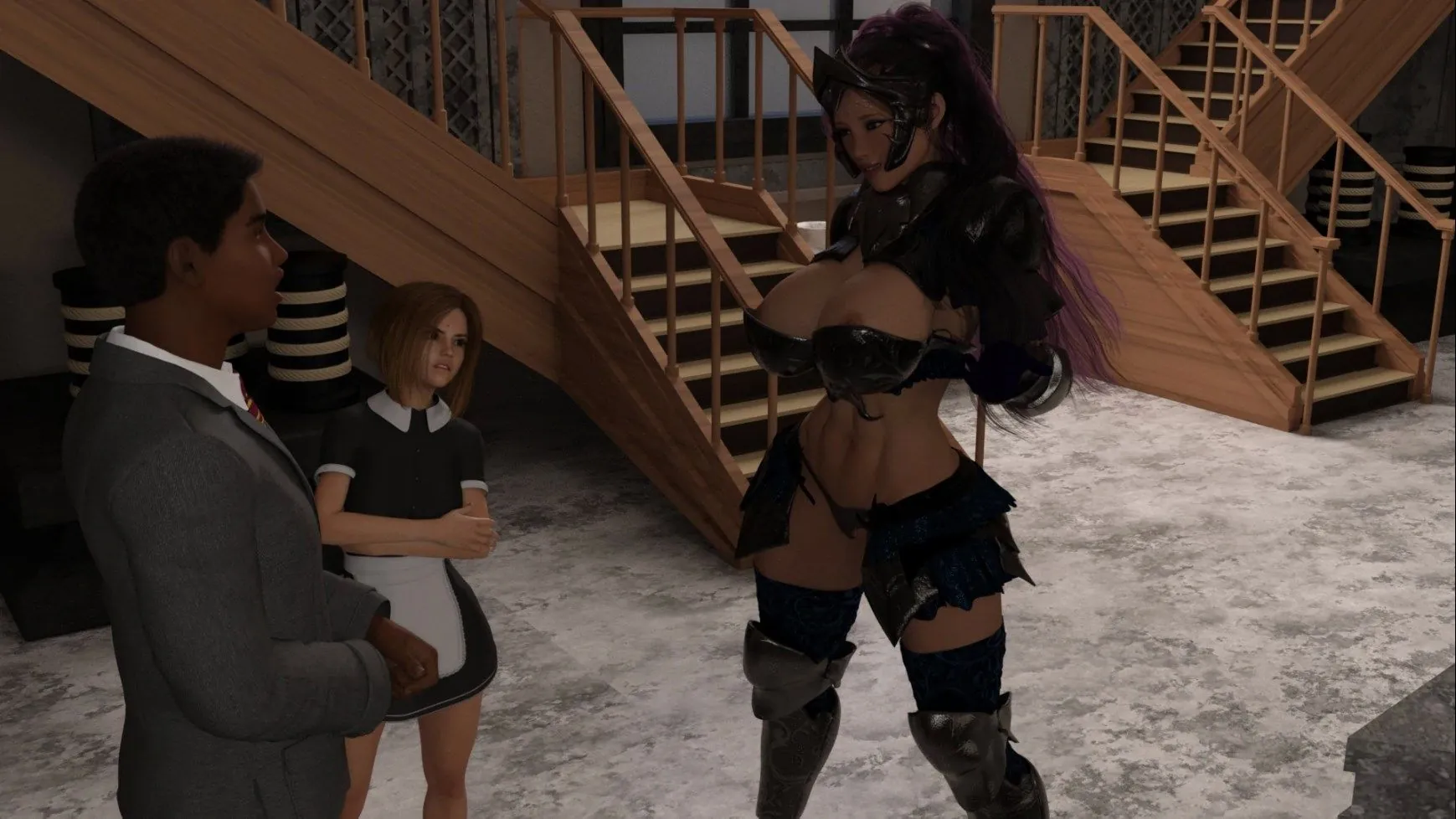
Parental Love
Play Parental Love
Parental Love review
An In-Depth Look at the Controversial Parental Love Visual Novel Experience
Parental Love is a distinctive adult visual novel game that dives into a complex and controversial family narrative. Centered around a father overcoming past struggles and reconnecting with his family, the game explores taboo themes within its storyline. This article offers a comprehensive overview of Parental Love, examining its plot, characters, gameplay, and the unique experience it provides to players interested in this genre.
Understanding Parental Love: Storyline and Themes
Let’s be honest, most visual novels follow a pretty predictable path. Boy meets girl, they overcome some cutesy obstacle, and live happily ever after. 🙄 But then there’s Parental Love. This game doesn’t just color outside the lines; it picks up a whole new box of crayons and draws on the walls. 🖍️🖼️ If you’re looking for a standard romance, you’ve come to the wrong place. The Parental Love game storyline is a deep, often uncomfortable, dive into redemption, trauma, and the very definition of family.
I remember booting it up for the first time, expecting one thing and getting something entirely different. It grabs you by the collar and doesn’t let go, forcing you to question your own moral compass as you navigate its intricate plot. This is more than a game; it’s an experience.
What is the core narrative of Parental Love?
At its heart, the Parental Love game storyline is a raw and gritty tale of second chances. You play as a father who returns home after years of absence, a period lost to the depths of addiction and poor life choices. 😔 Your character isn’t a hero; he’s a broken man standing on the doorstep of a life he abandoned, hoping for a shred of forgiveness.
The core objective is seemingly simple: reconnect with your family. But this isn’t achieved through a few quick conversations. The game meticulously charts your journey from being a estranged stranger to slowly, painstakingly, reintegrating yourself into the household. You get a job, you help around the house, you try to be a father again to your two daughters and a husband to your wife, all while battling the demons of your past that constantly threaten to pull you back under.
What makes the Parental Love plot analysis so fascinating is its focus on the mundane as a pathway to the profound. 🤯 Helping with homework, watching TV together, or simply cooking dinner aren’t just filler activities; they are the building blocks of trust. Each small, positive interaction chips away at the wall of resentment that has built up over the years. The narrative masterfully uses these everyday moments to make the emotional highs and lows hit so much harder.
Tip: Your choices in everyday dialogues matter more than you think. They silently build your relationships and determine which paths become available later.
The true genius of this visual novel family narrative is that it makes you work for every ounce of progress. The road to redemption is paved with setbacks and difficult conversations, making the eventual connections feel earned rather than given. This careful, deliberate pacing is what sets the Parental Love game storyline apart from anything else in the genre.
How does the game portray family dynamics?
The portrayal of family dynamics in Parental Love is its most compelling and complex achievement. This isn’t a picture-perfect family; it’s a fractured unit that has learned to function—and dysfunction—without you. 👨👩👧👧
Each family member reacts to your return in a uniquely believable way. Your wife, Linda, is rightfully guarded, balancing a flicker of hope with the immense hurt you’ve caused. Your eldest daughter, Jenny, is openly hostile and skeptical, her teenage years having been shaped by your absence. Your younger daughter, Katie, is more naive and impressionable, representing a potential for connection but also a vulnerability.
The family dynamics in Parental Love are a delicate web of strained interactions, unspoken grievances, and fragile attempts at normalcy. The game forces you to engage with each person individually, understanding their personal struggles and dreams. You’re not just rebuilding “the family”; you’re rebuilding separate, individual relationships with each member, and each requires a different approach. This layered approach to Parental Love character relationships is what gives the game its emotional depth.
From my experience, you can’t just play this game trying to “win.” You have to role-play. You have to think, “What would a man desperate to fix his mistakes actually say here?” Sometimes the right choice is to give someone space. Other times, it’s to stand your ground and show you’re serious about change. This intricate dance is the core of the game’s family dynamics in Parental Love.
To help visualize these complex connections, here’s a breakdown of the central family unit:
| Character | Role | Initial Relationship with Protagonist | Key Personality Trait |
|---|---|---|---|
| Protagonist (You) | Father / Husband | Estranged, seeking redemption | Regretful, Determined |
| Linda | Wife | Hurt, cautiously hopeful | Resilient, Protective |
| Jenny | Eldest Daughter | Angry, resentful, distrustful | Strong-willed, Independent |
| Katie | Younger Daughter | Curious, confused, more accepting | Innocent, Yearning for connection |
This table barely scratches the surface, but it shows the foundational tensions you must navigate. The evolution of these Parental Love character relationships is the true engine of the story.
What controversial themes are present in the storyline?
Alright, let’s address the elephant in the room. 🐘 The controversial themes in Parental Love are what the game is most known for, and for good reason. This is not a experience for everyone, and it boldly ventures into territory most developers wouldn’t dare touch.
The most prominent of these controversial themes in Parental Love is the normalization of taboo family dynamics within the narrative framework. The game explores the blurred lines between paternal love and romantic attraction, pushing the boundaries of the traditional family unit. It forces players to sit with their discomfort and asks difficult questions about nature, nurture, and the consequences of absence. This firmly places it in the niche of a taboo family themes game.
Why include these elements? From a storytelling perspective, they serve as the ultimate test of the protagonist’s—and by extension, the player’s—morality. The game presents choices that are unequivocally transgressive. 😳 Your ability to steer the narrative away from these paths or toward them is a constant exercise in agency. It makes you complicit, forcing introspection about why you might be making certain decisions. Are you role-playing a flawed character, or are your own curiosities guiding the mouse?
This aspect of the Parental Love game storyline is a masterclass in provocative storytelling. It doesn’t endorse; it presents. It holds up a mirror to the player and makes the journey deeply personal and morally ambiguous. The power of this visual novel family narrative lies in its ability to make you feel something strong, whether that’s empathy, disgust, confusion, or a mix of all three.
The effectiveness of this approach is undeniable. Love it or hate it, you will have a strong opinion. It sparks discussion and debate, which is a hallmark of impactful art. As a taboo family themes game, it succeeds not by being sensationalist, but by weaving its provocative elements into a grounded story about a broken man trying to fix what he destroyed, sometimes in the most misguided ways imaginable. 💔
Ultimately, the controversial themes in Parental Love are inseparable from its identity. They are the catalyst for its most powerful moments and the source of its enduring notoriety. To remove them would be to tell a completely different—and arguably far less memorable—story.
Parental Love offers a highly unconventional and provocative narrative experience within the adult visual novel genre. Its exploration of complex family relationships and taboo themes challenges players and evokes strong reactions. Whether viewed as a bold storytelling experiment or a controversial title, it remains a notable example of narrative-driven adult gaming. For those interested in unique and daring visual novels, Parental Love provides an experience worth exploring.











